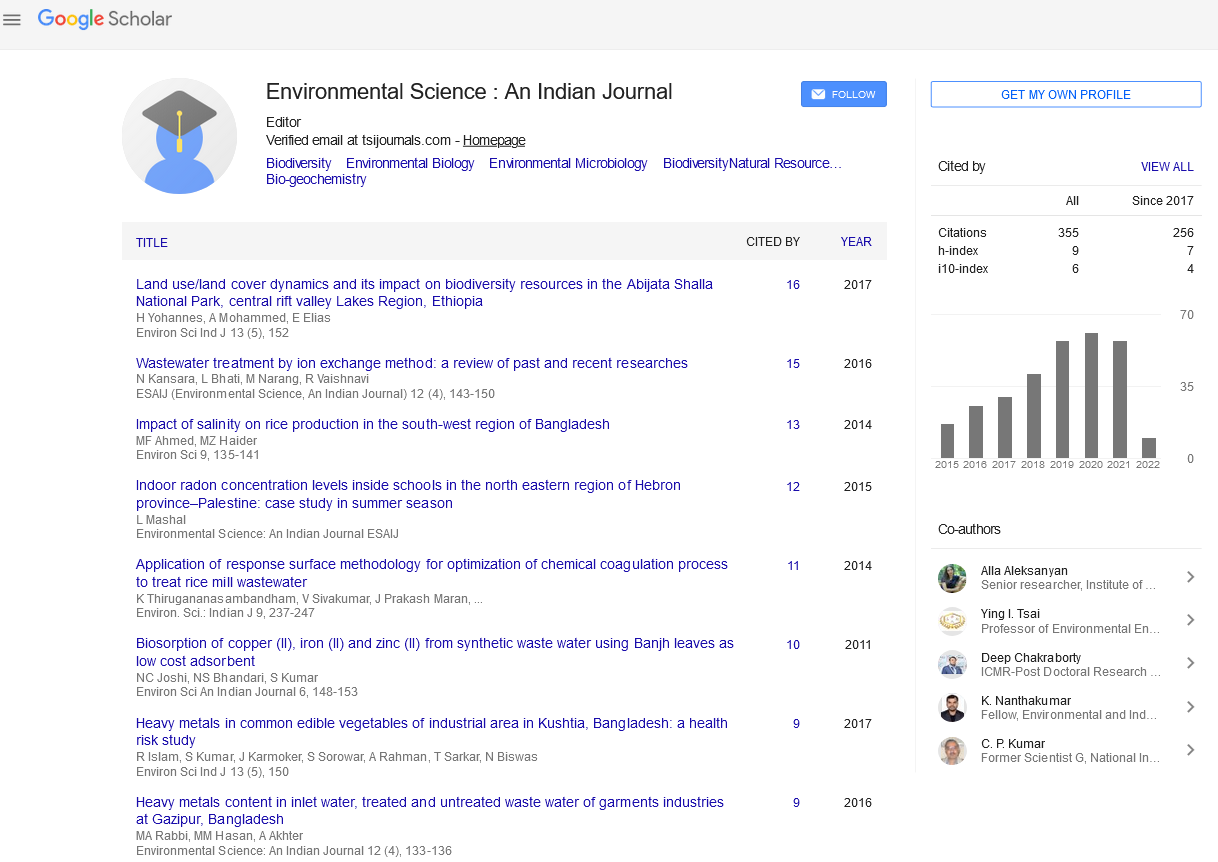Abstract
Recycling and waste management is the major industry for the development of health, basic need of daily life, create employment, generate income, stronger economy, reducing financial crises, global Poverty and hunger in the developing countries of the world particularly in south Asia
Author(s): Muhammad UsmanAim of presentation consist of recycling, waste management, industry, income, employment, economy, crises, poverty and hunger were study and reported that Recycling and waste management is the major industry for the development of health, basic need of daily life, create employment, generate income, stronger economy, reducing financial crises, global Poverty and hunger in the developing countries of the world particularly in south Asia. The study reported that Recycling is the process of breaking down and re-using materials that would otherwise be thrown away as trash. Many communities and businesses make it easy to recycle by placing labeled containers in the open for public use, or providing bins for home and business owners who have curbside pickup. There are numerous benefits to recycling, and with so many new technologies making even more materials recyclable, with everyone’s help we can clean up our Earth. Recycling not only benefits the environment but also have a positive effect on the economy. The different types of recycling are Waste Paper Recycling, Cardboard Recycling, Plastic Recycling, Metal Recycling, Wood Recycling, Textiles Recycling, Bricks/Inert Waste Recycling and Glass Recycling. Recycling is reported throughout human history but has come a long way since the time of Plato when humans re-used broken tools and pottery when materials were scarce. Similarly the other study reported that Waste management or waste disposal are the activities and actions required to manage waste from its inception to its final disposal. ... A large portion of waste management practices deal with municipal solid waste (MSW) which is the bulk of the waste that is created by household, industrial, and commercial activity. The study reported that the total countries available in the world are 225, consist of (Developed countries = 49, developing countries = 150, observer state = 4, state without partial recognition = 8, unrecognized state = 14). Similarly, South Asia comprises the countries of Pakistan, Bangladesh, India, Bhutan, Maldives, Nepal and Sri Lanka. In the light of above study, it is proposed that recycling and waste management should be commercialized for the development of health, basic need of daily life, create employment, generate income, stronger economy, reducing financial crises, global Poverty and hunger in the developing countries of the world particularly in south Asia.

